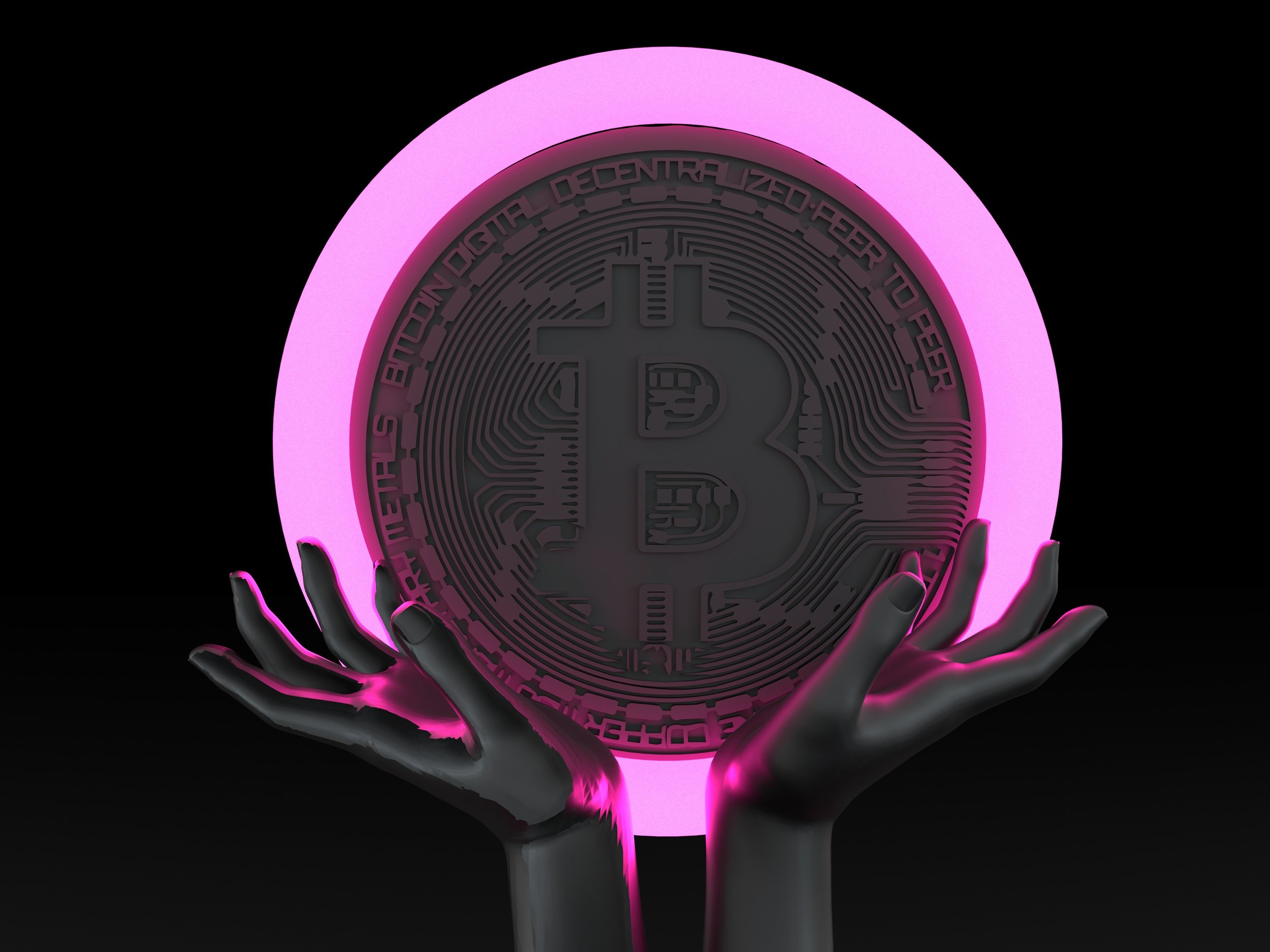Your cart is currently empty!
Introduction
For the past few years, the world has been discussing the potential impact of cryptocurrencies. While some people see them as a technology that will disrupt and revolutionize the traditional financial system, others still question their viability. In this article, we’ll explore why Bitcoin will become an increasingly important tool for creating a more inclusive future for everyone.
A Brief History of Money
As it turns out, money has been around for a long time. In fact, humans have been using some form of currency since the dawn of modern civilization. There is evidence that people were using gold and silver as currency as far back as 1,000 B.C., with some of the first minted coins emerging around 600 B.C (Lydian coins). The development of paper money came later: early forms of paper bills were created in China during the Tang Dynasty (1,000 A.D), but it wasn’t until 1694 that the Bank of England introduced its first note—and not until 1792 that America got its own dollar bill! Money can be defined as anything used to exchange goods or services between two people (or simply want to trade). This definition also includes the barter system: if you need a cow from me, you could offer me your milk and eggs. In this system, the cows, milk, and eggs would be the money (rather inefficient). This can be difficult to measure value across different products or services offered by each party involved in the transaction. This is why at its core the money we know today in the context of our bank accounts or as cash, could be considered a public good, as it allows us to store energy and use it at a later date for things we need but might not have direct or immediate access to
Problems Faced in Traditional Finance
The traditional banking model is not without its flaws. Because of the way it’s structured, traditional finance can be slow to change and adapt to new ideas. It can also be expensive: The average remittance fees for sending money from one country to another can be as high as 15%, which amounts to an estimated $600 Billion in 2022. Regular banking is expensive as well. Let’s take a look at a simple example. Let’s say you have pretty modest goals, You want an average house with a value of $350,000 a decent car that costs $25,000 a basic checking account and a credit card (for this example let’s say you used $5,000 on the credit card). The total cost of all these financial products will cost you $97,114.67 at average interest rates if you pay them perfectly, and don’t take a dollar more. Additionally, banks aren’t always trustworthy for example, Wells Fargo was fined $3 billion in 2020 for opening fraudulent bank accounts on behalf of customers without their knowledge or consent. Furthermore, banks are not always open to new ideas; they may even discourage them if they’re too much of a departure from what has worked in the past-a phenomenon known as “innovation resistance.” This issue is exacerbated by the fact that many people who work at banks are part of an older generation who grew up with certain ideas about financial institutions
There are still many people in the world who are unbanked.
These issues with trust in a bank or government and the high cost of financial products create financial exclusion and a high barrier of entry to services some may consider a “given”. The people who are most affected by these issues are considered “unbanked”. The World Bank defines unbanked as people without access to financial services, those who do not have a bank account, money transfer arrangement, or any other type of formal savings. According to their data, there are 2 billion people currently without a formal financial institution. There is an estimated 7% of people who are unbanked in the united states and 3% in Canada. The most common reason given is that they simply have “Too little money”. The World Bank also estimates that one billion adults worldwide have a bank account but use it only for receiving social benefits and pensions (payments from government welfare programs). These individuals may be considered “underbanked” because they do not have access to normal banking services such as credit cards or loans that could help them improve their lives through entrepreneurship and investment activities. Another group of people makes up about 20% of those who have an account: They use banks only when absolutely necessary—to receive wages from employers, cash checks, draw on accounts, or make purchases with debit cards. These individuals are considered “lightly” banked because they do not take advantage of all that banks have to offer. They might be able to get more out of their money if they found ways to save more effectively and invest more wisely via access to more diverse financial products and education.
Financial inclusion is important for a variety of reasons
It’s important for the economy, as financial inclusion means more people are participating in it, which adds to economic growth. Financial inclusion is also important for individuals and families because it gives them greater control over their money, allowing them to make decisions about how they spend or save their money. This leads to better decision-making and can help them achieve certain life goals and a better quality of life. Financial inclusion can also be helpful in reducing inequality by allowing those who have been left out of the system due to their circumstances, to participate freely, and equitably in the financial system, gain access to loans at reasonable rates, or insurance policies that they otherwise wouldn’t be able to access or afford on their own. Finally, financial inclusion helps society because it makes sure everyone has equal opportunities when it comes down to choosing what kind of products/services will work best for them without sacrificing quality just because they don’t have enough cash lying around! It’s also important to have a safe place to store your monetary energy, having your life savings in cash could be dangerous, as it could make you a target for criminals (Robbery, extortion, etc).
Bitcoin Can Help With Financial Inclusion
Above we have mentioned many of the issues faced in the traditional financial system. So let’s take a look at how Bitcoin has the potential to build a more financially inclusive future.
Trust – Banks and financial institutions are not always trustworthy, as we saw in the example of Wells Fargo. This can be exacerbated in regions with less stable economies and corrupt political systems. Bitcoin is a trustless system, meaning that it does not require the trust of an intermediary such as a bank or government to work. This is because there is no third party in the system. The transactions are made between people directly and this eliminates the need for trust. Since the bitcoin network has no central point of control, it cannot be corrupted. If someone attempts to corrupt the system, his or her computer would simply reject the corrupted transaction and continue working on what all computers on the network already agree to be accurate information. This can be very advantageous since people would not have to rely on potentially corrupt institutions.
Affordability – One of the most significant barriers to entry into the existing financial system is the cost of bank accounts. Bitcoin does not require any banking infrastructure, so it can help people who lack access to banks by providing a way of safely storing their money. There are also no minimum balance requirements, no NSF fees, and no account maintenance fees—a far cry from the standards set by banks. It also helps people avoid paying high fees for transacting in general. These already small fees get even smaller with the lightning network(An application built on Bitcoin) the fees become fractions of a cent, making Bitcoin affordable for anyone to participate. In summary, Bitcoin is free to hold, incredibly fast, and affordable to transact (Literally a few cents, and even less using the Lightning Network)
Accessibility – Bitcoin is an open system that doesn’t rely on any third-party institution for its security or any particular geographic region for its use. You only need an internet connection to participate in the network. You can download a wallet for free and start using Bitcoin instantly. It’s an open-source technology that anyone can contribute to and benefit from. There isn’t a single entity that controls every aspect of how it works—Bitcoin is also incredibly adaptable. There are endless possibilities for decentralized financial products that can be built using Bitcoin as a foundation (thanks to its open-source nature). Making more complex financial products such as loans, or insurance more accessible.
Bitcoin has a crucial role to play in fostering international financial inclusion.
Bitcoin is a global currency with the potential to allow anyone, anywhere to send and receive funds with little or no restrictions, and safely store their monetary energy. In its own way, bitcoin can act as an equalizer of sorts by providing millions of people around the world access to financial services that were previously unavailable. These several points make it a preferred choice for those living in countries where traditional financial institutions are not accessible, or where currency exchange regulations make sending money difficult.
Bitcoin’s decentralized nature also means that anyone who has access to the internet and a phone (even if they do not have bank accounts) can now be part of the global economy through their interaction with this new technology.






